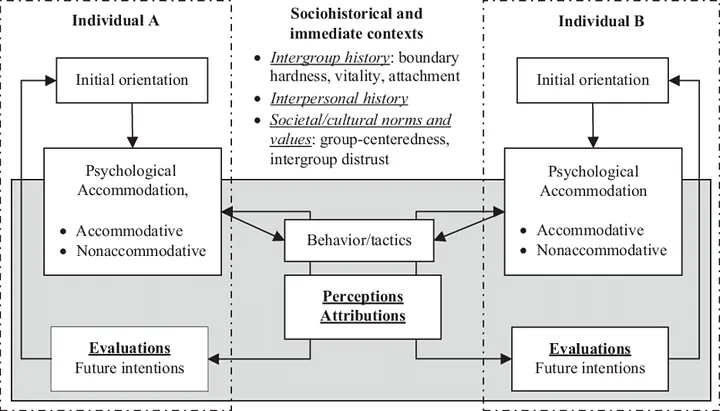n the field of media studies, theories, models, concepts, and variables are all important concepts that help researchers understand and analyze various phenomena related to media.
Theories refer to systematic frameworks that provide explanations for various phenomena in the media industry. These can be broad or specific and help researchers to understand the nature and function of media. For example, the Uses and Gratifications Theory explains how audiences use media to satisfy their needs and desires (Katz, Blumler, & Gurevitch, 1974).
Models are simplified representations of complex phenomena that allow researchers to make predictions and test hypotheses. For example, the Communication Accommodation Theory proposes a model that explains how individuals adjust their communication styles to accommodate the expectations of others (Giles & Coupland, 1991).

Concepts are abstract ideas or generalizations that represent important features or characteristics of a particular phenomenon. For example, the concept of agenda-setting describes how media coverage can influence the importance placed on certain issues by the public (McCombs & Shaw, 1972).
Variables are specific measurable factors that can be manipulated or observed in research. For example, in a study on media effects, the amount of time spent watching television can be a variable of interest. Variables can be independent, dependent, or control variables, depending on their role in the research design.
In conclusion, theories, models, concepts, and variables are essential concepts for media students to understand and apply in their research. By using these concepts, media students can gain a deeper understanding of media-related phenomena and conduct rigorous and valid research.
References:
Giles, H., & Coupland, J. (1991). Language: Contexts and consequences. Open University Press.
Katz, E., Blumler, J. G., & Gurevitch, M. (1974). Utilization of mass communication by the individual. In J. G. Blumler & E. Katz (Eds.), The uses of mass communications: Current perspectives on gratifications research (pp. 19-32). Sage.
McCombs, M. E., & Shaw, D. L. (1972). The agenda-setting function of mass media. Public Opinion Quarterly, 36(2), 176-187.
